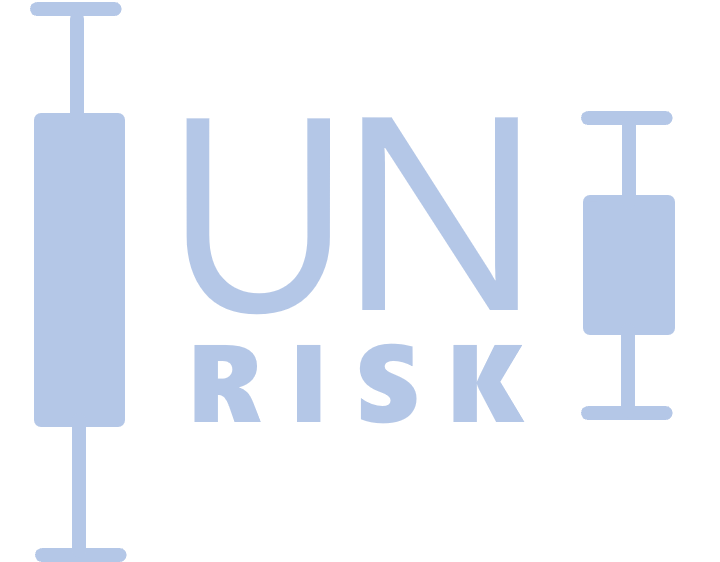Uncertainty in the economy and in sea-level rise: gaming robust strategies for coastal resilience
Background
Sea-level rise (SLR) responses in coastal cities involve multi-decadal lead times, and human decisions face budgetary and climate uncertainties under scientific updates. In an online serious game reflecting a real-world urban decision arena, players will devise strategies against quantitative SLR storylines. What visual communication strategies would lead to the most cost-efficient risk reductions? How would the responses of humans and of a Large Language Model (LLM) be different? Decisions to be taken by players range from incentives for household measures, to protective walls, and to transformative options such as floating settlements. The information elicited from humans about these decisions will serve to inform a simulation tool, showing weaknesses in decision making that could lead coastal communities into fragile adaptation strategies.
PhD opportunity
Other information
Applicant profile: Strong interests in AI methods in environmental applications, particularly large language models applied to agent-based simulation models, would be beneficial. A superficial understanding of the human and physical dimensions of global change would be relevant.
- Palmer, M.D., Harrison, B.J., Gregory, J.M., Hewitt, H.T., Lowe, J.A. and Weeks, J.H., 2024. A framework for physically consistent storylines of UK future mean sea level rise. Climatic Change, 177(7), p.106.
- Taylor, A.L., Grainger, S., Dessai, S., Siu, Y.L. and Bruno Soares, M., 2021. Communicating uncertainty in climate information for China: recommendations and lessons learned for climate services. Journal of Meteorological Research, 35, pp.77-86.
- Solinska-Nowak, A., Magnuszewski, P., Curl, M., French, A., Keating, A., Mochizuki, J., Liu, W., Mechler, R., Kulakowska, M. and Jarzabek, L., 2018. An overview of serious games for disaster risk management–Prospects and limitations for informing actions to arrest increasing risk. International journal of disaster risk reduction, 31, pp.1013-1029.
- Chopra, A., Kumar, S., Giray-Kuru, N., Raskar, R., & Quera-Bofarull, A. (2024). On the limits of agency in agent-based models. arXiv preprint arXiv:2409.10568.




